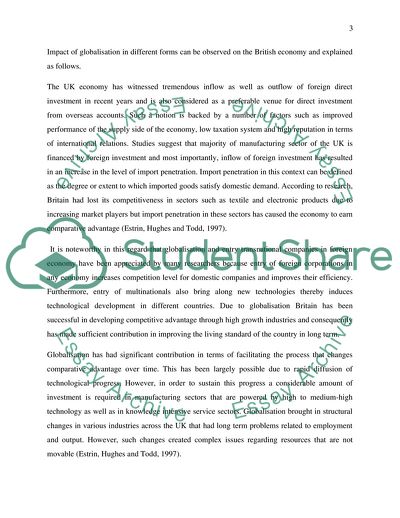Cite this document
(Employment Relations and Human Resources Management Essay - 1, n.d.)
Employment Relations and Human Resources Management Essay - 1. https://studentshare.org/human-resources/1837120-employment-relations-and-human-resources-management
Employment Relations and Human Resources Management Essay - 1. https://studentshare.org/human-resources/1837120-employment-relations-and-human-resources-management
(Employment Relations and Human Resources Management Essay - 1)
Employment Relations and Human Resources Management Essay - 1. https://studentshare.org/human-resources/1837120-employment-relations-and-human-resources-management.
Employment Relations and Human Resources Management Essay - 1. https://studentshare.org/human-resources/1837120-employment-relations-and-human-resources-management.
“Employment Relations and Human Resources Management Essay - 1”. https://studentshare.org/human-resources/1837120-employment-relations-and-human-resources-management.


